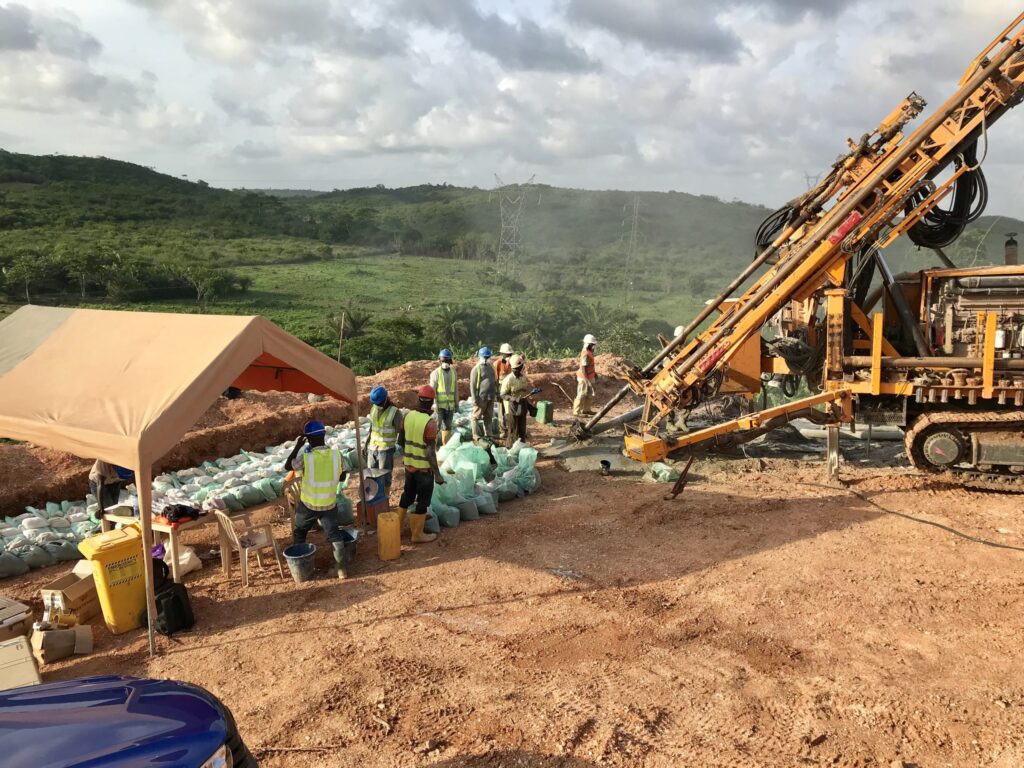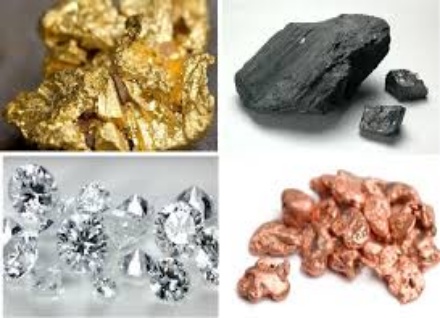In just a few days, the new Ghanaian government will mark four months in office—almost 10% of its constitutional term—with its natural resource management strategy already drawing mounting scrutiny.
According to Bright Simons of IMANI Africa, it remains unclear whether resource nationalism, a key pillar of sovereign control over natural assets, is genuinely being upheld or merely paraded as political theatre by the government.
Simons, a well-respected voice in civil society, raised red flags over what he views as contradictions in the government’s natural resource policy.
Speaking candidly, he noted that while many Ghanaians feel the country is being “ripped off by everyone and their mother,” the government’s actions don’t always match its rhetoric.
“A government that wants to signal progress must exhibit consistency, policy coherence, and clear strategic direction. Some of us in the CSO community have already had some clashes with the government on GoldBod and Damang mine nationalisation. The Jury is still out on those two. More later in due course.”
Bright Simons
Indeed, natural resource management continues to be one of the most emotive and contentious governance challenges in Ghana.
The public perception—nuanced or not—is that external actors are extracting disproportionate value while the country is left with crumbs.
This feeling is not without foundation, and it explains why resource nationalism has re-emerged in recent discourse, particularly around gold and petroleum assets.
“What makes me scratch my head, though, is the government’s commitment to principle,” Simons remarked, noting that while resource nationalism has been used to rally support for certain policies, similar rigor is curiously absent in other areas.

One such contradiction lies in the government’s handling of the Atlantic Lithium deal.
According to Simons, the administration is attempting to sweeten an already generous arrangement with the Australian company—one that drew sharp criticism under the previous government.
The irony, of course, is that the same administration justifies aggressive control over gold mines in the name of national interest, yet is simultaneously bending over backwards to accommodate a foreign lithium company.
Mixed Signals Cloud Govt’s Direction on Resource Management
Moreover, the inconsistencies run even deeper. Bright Simons highlighted the government’s current attempts to renew agreements with Kosmos Energy, a key player in Ghana’s offshore oil sector.
Although the Ghana National Petroleum Corporation (GNPC) is mandated to safeguard the country’s sovereign interests, its involvement seems largely ceremonial rather than genuinely impactful.

Despite recent legislative reforms aimed at securing better terms for Ghana in oil agreements, Simons alleged that the government is considering proposals that undermine those gains.
According to him, these proposals would allow Kosmos to continue operating under outdated contracts—ones that predate the country’s oil discovery and heavily favour the investor. These terms, shockingly, would remain in effect until 2040.
To make matters worse, the government is reportedly preparing to approve new incentives to encourage further investment in the Jubilee field, despite its aging infrastructure and declining output.
“Is this really resource nationalism? Isn’t the general rule that as a country shows clearly that there is money to be made from its resources, they also ‘DERISK’ their jurisdiction and can therefore start commanding better terms?”
Bright Simons
It’s a valid point. Most resource-rich nations leverage maturity and operational stability to negotiate more equitable contracts over time.
Ghana, by contrast, seems to be caught in a cycle of appeasement—offering more, not less, to extractive companies despite increased experience, improved legislation, and rising global demand for minerals like lithium.

These developments, Simons noted, feed into a growing narrative: that resource nationalism in Ghana may be more about political optics than genuine sovereignty.
If the government continues down this path—preaching sovereignty on one hand while cutting sweetheart deals with foreign firms on the other—it risks losing credibility not just with voters, but with partners and watchdogs too. “The Akans say that a good game shows signs in the morning. Sometimes, though, the morning mists can obscure the signs.”
The mists, in this case, are thick with contradictions, and if not cleared, they may cloud the administration’s entire term. Ghana’s resource wealth should be a blessing, not a battleground of inconsistencies.
It is time for the government to align its words with its actions, and for resource nationalism to become more than a slogan.
READ ALSO: Netanyahu Vows Retribution After Houthis Hit Israel’s Ben Gurion Airport




















